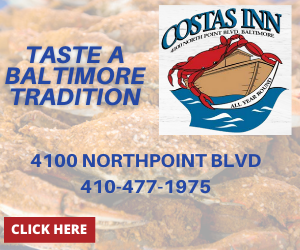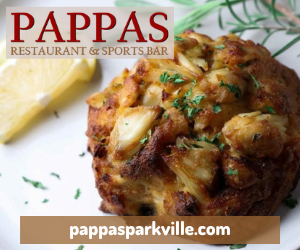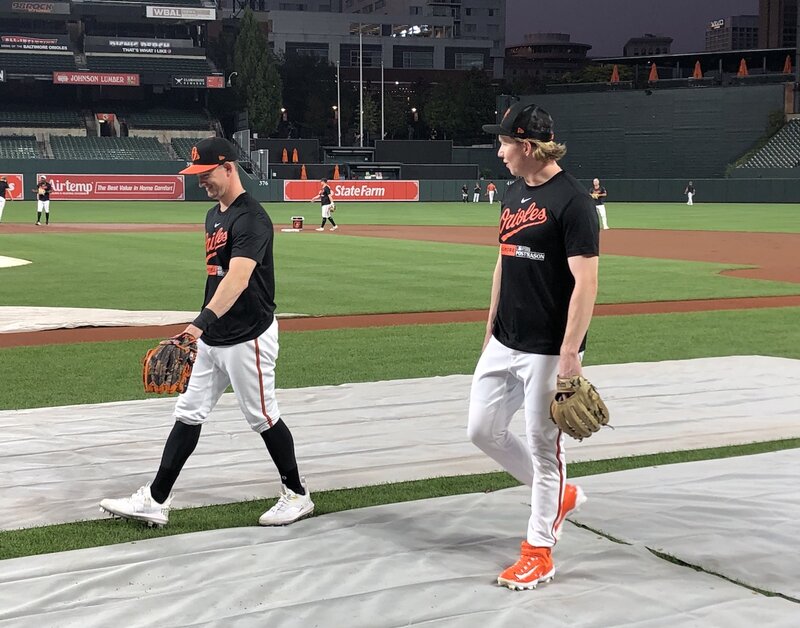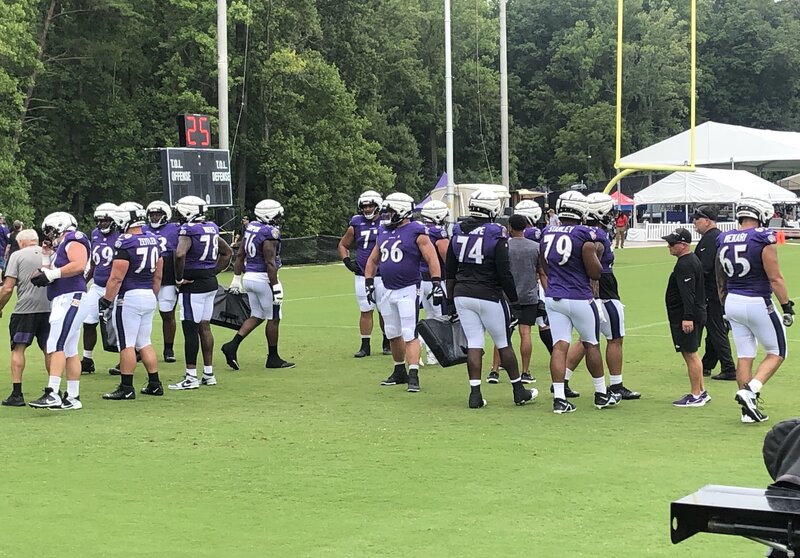game in March. Over the next six weeks, the impasse became the use of the proceeds from the games and how the profit would benefit Cuba.
On March 7, 1999, all parties agreed that the monies would benefit Cuban baseball programs and not the Cuban government. The series – it would be the first Major League Baseball game in Cuba since March 1959, when Sandy Koufax pitched for the Los Angeles Dodgers vs. the Cincinnati Reds – was hastily arranged with a litany of behind-the-scenes wrangling between Angelos, MLB, the U.S. State Department and the Cuban government.
“We will be able to establish the ties of friendship and cooperation with the Cuban people,” said Angelos, who had clearly changed his tune regarding diplomacy and not pirating the world’s best baseball players back to America.
Palmeiro had already left the Orioles for Texas but once again let it be known that this was disrespectful to his family and every Cuban who was exiled, died or fled during the bloody dictatorship of Fidel Castro. Palmeiro was joined in the outspoken protest by several other players, as well as MLB umpire Rich Garcia, whose family also fled the island in boatlifts to freedom. “Those people that suffered since 1961 or 1962, almost 40 years – I think it is time for them to experience freedom,” Palmeiro said. “If it is just baseball, just for baseball and the fans… then they can play their game. But I don’t know that anything positive can come out of it. I know a lot of people are in favor of it, but it’s the wrong thing to do. It’s not going to help anybody down there. It’s only going to help Castro.”
What made it even more difficult for the Orioles was that all of the furor over the trip in America was taking place at their doorstep just south of Fort Lauderdale, where the team remained for a fourth spring training in the dumpy ballpark near I-95. The locals and Cuban nationals were outraged and let Angelos and the organization know it during March games with protests, signs and political pressure.
“I don’t know of anything that has ever been done for a constructive purpose that didn’t generate controversy,” Angelos said. “Anything that departs from what is customary is going to generate a difference of opinion, but it’s a worthwhile endeavor. It is important for all of us to open our minds and open our hearts to people of other countries. This is a wonderful thing that is happening throughout the world.”
The day before the trip, The Miami Herald quoted then-new-Florida Marlins owner John Henry as widely and loudly denouncing Major League Baseball’s participation in the proceedings.
“The major problem here is ignorance,” Henry told the newspaper, while adding that Selig and other MLB officials had the audacity to invite him on the trip he angrily denounced. “People are not aware of the depth of oppression in Cuba. If they were, no one would support this game. I declined. I’m opposed to the game and the Marlins organization is opposed to this game.”
Henry was openly outraged: “It’s disappointing that baseball didn’t consider asking the Cuban-American players how they feel about the game. Obviously, the Florida Marlins should be the team playing a game in Cuba, if the game in Cuba were the right thing to do. But it’s not the right thing to do.”
The next day, on March 27, the twenty minute flight from the Miami airport to Havana began an unforgettable 36 hours for the Orioles players who were whirled into a political firestorm, a full and raucous stadium and facing a capable team of Cuban All-Stars who were fresh off their regular season and featured a lineup full of players who believed they could all be





























